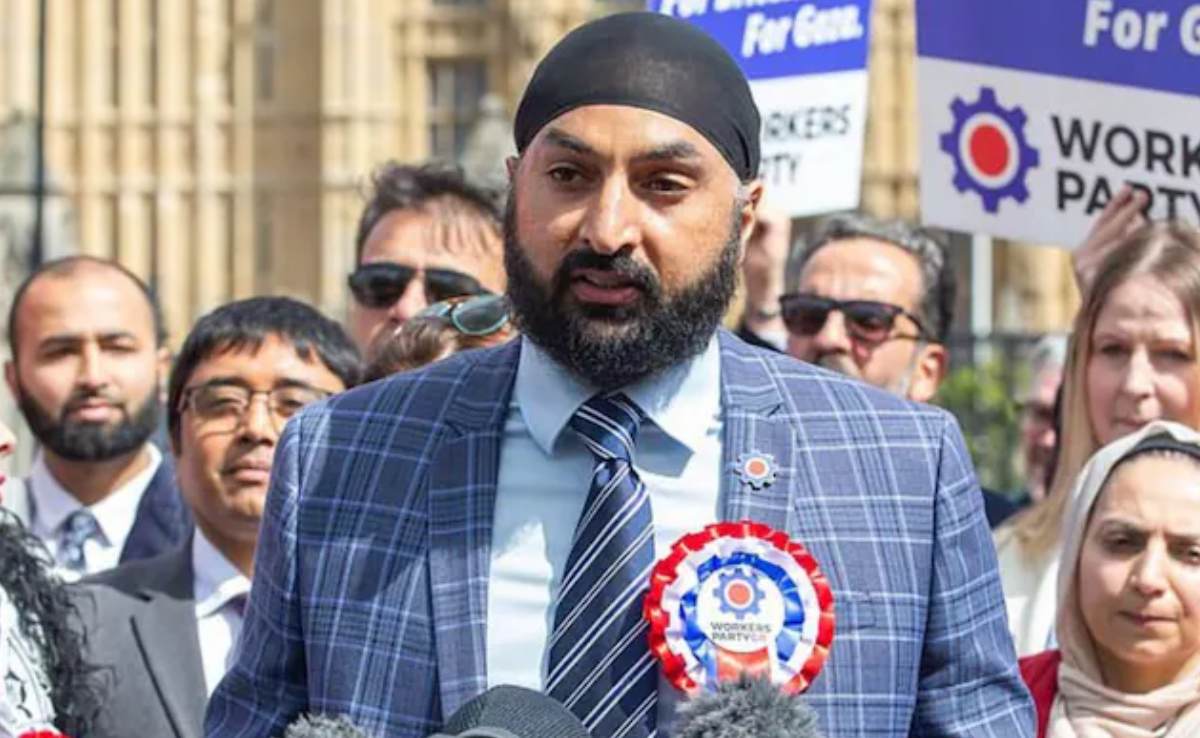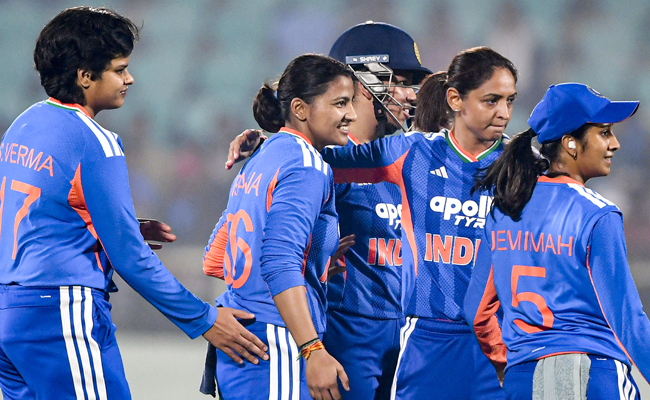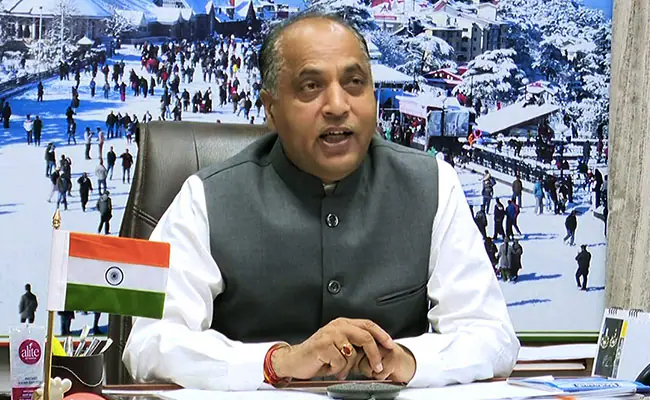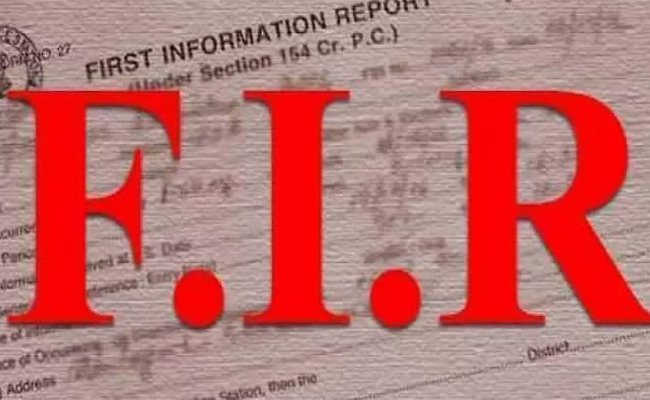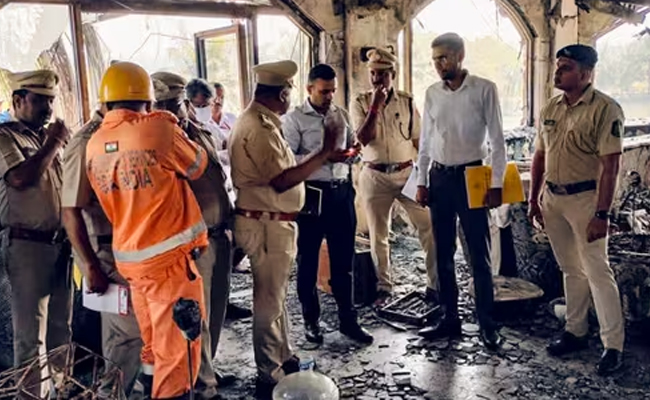London, May 8: Former England spinner Monty Panesar has ended his political stint in just one week as he announced that he is withdrawing as a parliamentary candidate for George Galloway's Workers Party of Great Britain.
The 42-year-old Panesar was unveiled by Galloway amid much fanfare in Westminster last week.
The former left-arm spinner was due to contest the Ealing Southall seat in West London at the next general election.
Panesar, however, decided to withdraw his candidacy after a series of challenging media interviews, in one of which he struggled to offer an opinion on the UK's continued membership of NATO.
"I'm a proud Brit who has had the honour to represent my country at the highest level of cricket," Panesar wrote on X.
"I now want to do my bit to help others but I recognise I am at the beginning of my journey and still learning about how politics can help people.
"So today I am withdrawing as a General Election candidate for The Workers Party," he added.
"I realise I need more time to listen, learn and find my political home, one that aligns with my personal and political values.
"I wish The Workers Party all the best but look forward to taking some time to mature and find my political feet so I am well prepared to deliver my very best when I next run up to the political wicket."
Earlier, Panesar had expressed prime ministerial aspirations and said that he wanted to be "the voice for the workers of this country".
Panesar, whose full name is Mudhsuden Singh Panesar, became the first practising Sikh to represent England in 2006 during a tour of India.
So today I am withdrawing as a General Election candidate for The Workers Party. I realise I need more time to listen, learn and find my political home, one that aligns with my personal and political values.
— Monty Panesar (@montypanesar) May 8, 2024
I wish The Workers Party all the best but look forward to taking some time to mature and find my political feet so I am well prepared to deliver my very best when I next run up to the political wicket.
— Monty Panesar (@montypanesar) May 8, 2024
Thank you
Monty
Let the Truth be known. If you read VB and like VB, please be a VB Supporter and Help us deliver the Truth to one and all.
Visakhapatnam (PTI): Shafali Verma hit a blistering unbeaten 69 as India made short work of a paltry target to outclass Sri Lanka by seven wickets in the second Women’s T20 International here on Tuesday.
India now lead the five-match series 2-0 after another one-sided victory, having restricted Sri Lanka to a modest 128 for 9 through a collective display of disciplined bowling from the spin trio of seasoned Sneh Rana, ably complemented by young spinners Vaishnavi Sharma and Shree Charani.
During the chase, vice-captain Smriti Mandhana (14) fell cheaply but Shafali, enjoying new found confidence after a stellar show in the World Cup final, sent the bowlers on a leather-hunt during her 34-ball knock, winning it for her team in just 11.5 overs.
The hosts have now completed back-to-back successful chases within 15 overs which speaks volumes about the unit's sky-high confidence.
Shafali's innings had 11 punchy boundaries apart from a maximum.
The floodgates opened when left-arm spinner Inoka Ranaweera bowled a few flighted deliveries and Shafali would step out everytime to hit her over extra cover. Her footwork against slow bowlers was immaculate whether stepping out to loft the ball or rocking back to punch or pull.
Seeing her confidence, the newly appointed Delhi Capitals skipper Jemimah Rodrigues (26 off 15 balls) also attacked as the duo added 58 runs in just 4.3 overs.
By the time Rodrigues was out trying to hit one six too many, the match as a contest was over. Shafali completed her half-century off just 27 balls and completed the formalities in a jiffy.
Earlier, off-spinner Rana, who got a look-in after Deepti Sharma was ruled out due to fever, showed her utility keeping the Lankan batters under tight leash with figures of 1 for 11 in 4 overs, including a maiden which certainly is a rarity in T20 cricket.
Charani, who made an impression during India's ODI World Cup triumph, took 2 for 23 in her quota of overs, while Vaishnavi after an impressive debut in the opening encounter, finished with 2 for 32, not letting the Islanders get easy runs in her second spell.
The last six wickets fell for just 24 runs, but what stood out during India’s bowling effort was their superb ground fielding. After a patchy show in the previous game, the improved sharpness in the field resulted in three run-outs.
Sri Lankan skipper Chamari Athapaththu (31 off 24 balls) looked in good nick as she deposited length deliveries from seamers Kranti Gaud and Arundhati Reddy over the ropes but it was Rana, who kept her quiet by repeatedly pitching on good length.
Unable to manoeuvre the strike and with the big hits suddenly drying up, Athapaththu chanced her arm at another delivery in which Rana had shortened the length slightly.
Not having transferred the weight into the lofted shot, Athapaththu's hoick was pouched cleanly by Amanjot Kaur at long-off.
This was after Athapaththu's opening partner Vishmi Gunaratne (1) had offered a simple return catch to Gaud.
Hasini Perera (22 off 28 balls) and Harshitha Samarawickrama (33 off 32 balls) did stitch a stand of 44 but they could never set the tempo against the Indian spin troika.
Once Hasini offered a tame return catch off a Charani full-toss, Sri Lankans never recovered and lost wickets in a heap towards the end.

